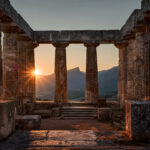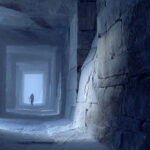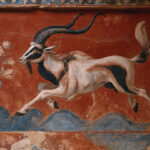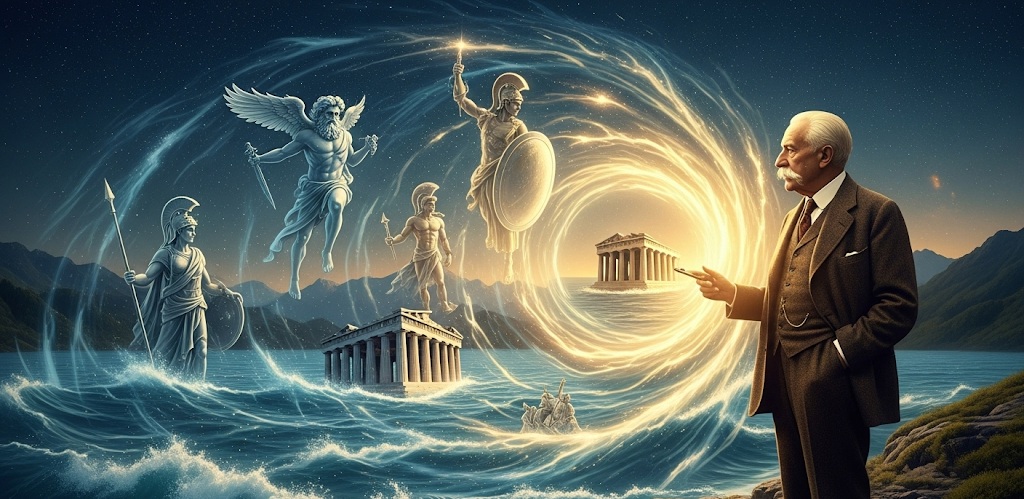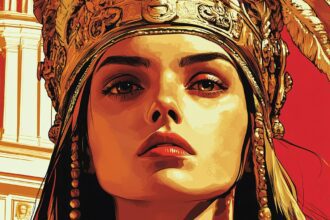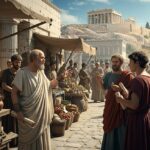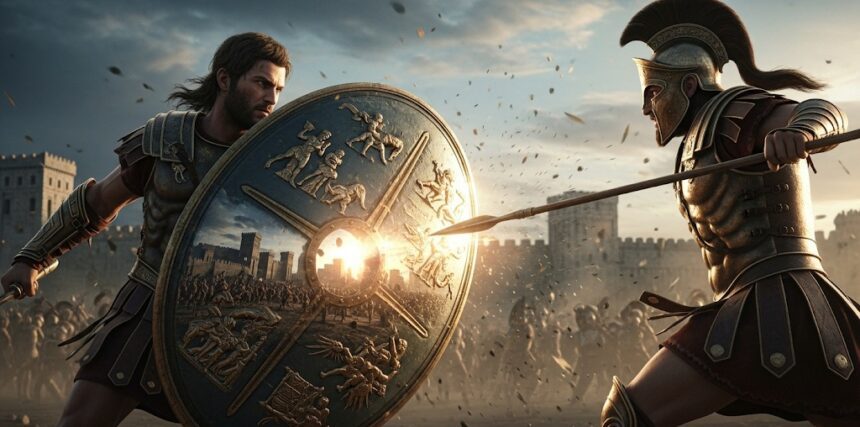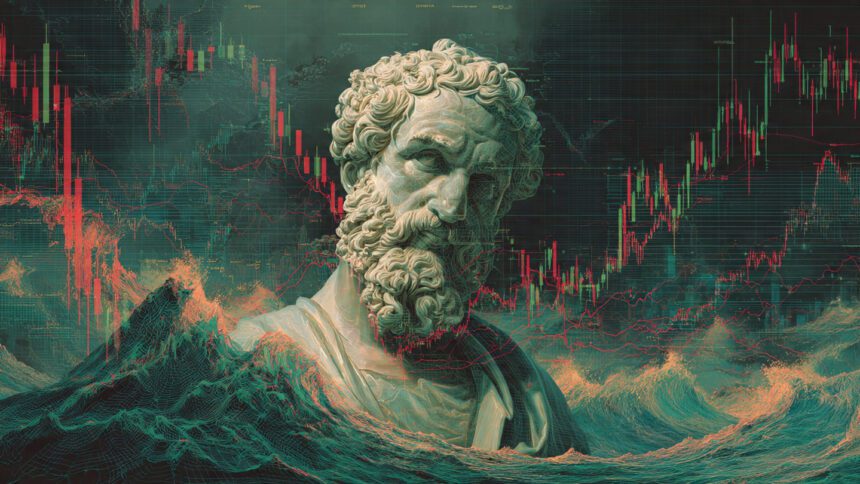In the whirlwind of early 20th-century progress, where machines hummed louder than hearts and reason seemed to eclipse everything else, one man dared to turn back the clock. Carl Jung, the brilliant Swiss psychiatrist, didn’t chase the shiny promises of modernity for solutions to our inner turmoil. Instead, he plunged into the shadowy depths of ancient lore, mining the gold of Greek mythology for insights that could mend the splintered souls of his time—and ours. To Jung, these weren’t dusty relics or campfire yarns; they were living maps to the human spirit, unlocking an inner oracle that whispered eternal wisdom to anyone willing to listen.
What drove this unconventional thinker? Born in 1875 amid Switzerland’s serene landscapes, Jung started his career in the shadow of Sigmund Freud, but soon carved his own path. While Freud fixated on personal traumas and repressed desires, Jung expanded the horizon, arguing that our minds are woven from threads far older than any single lifetime. He introduced the idea of the collective unconscious, a shared psychic ocean where all humanity’s experiences mingle, surfacing through symbols and stories passed down through millennia. Greek mythology, with its gods, heroes, and cosmic dramas, became his ultimate toolkit, bridging the gap between the clinic and the cosmos. In a world racing toward fragmentation, Jung‘s work offered a lifeline: reconnect with these timeless tales, and rediscover the wholeness within.
Unraveling Archetypes in the Greek Pantheon of Olympus
While researching, you’ll find Jung‘s obsession with archetypes pulsing at the core of his theory. Far from rigid blueprints or cookie-cutter ideas, archetypes are like invisible molds shaping our instincts, dreams, and decisions—universal patterns etched into the fabric of our being. They don’t dictate behavior but nudge us toward familiar paths, echoing across cultures and eras. For Jung, the thunderous realm of Olympus wasn’t a fairy tale factory; it was a gallery of these primal forces, each deity a mirror to our multifaceted selves.
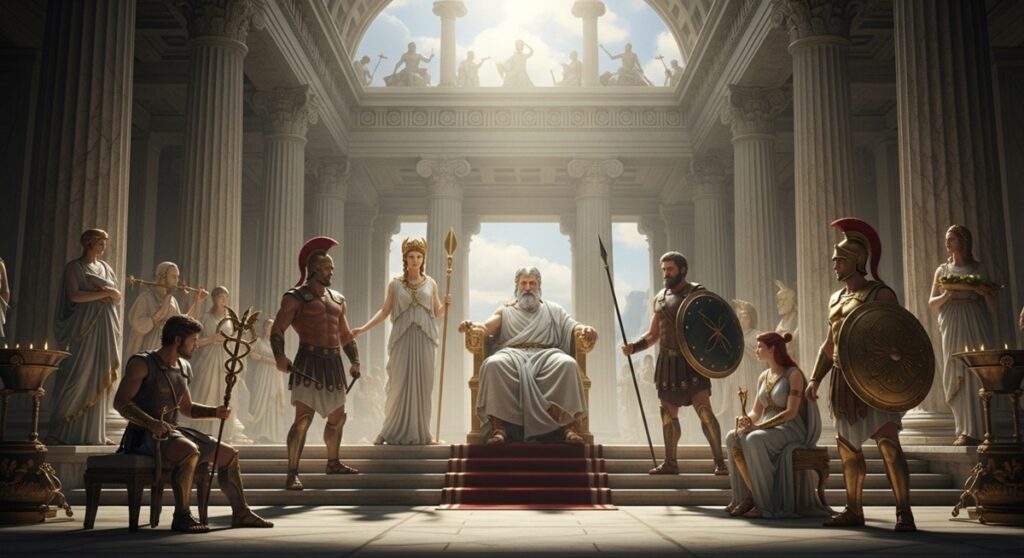
Picture the sun-kissed halls of Mount Olympus, where immortals clashed and conspired. These stories, etched in Homer’s epics and Sophocles’ tragedies captured the raw essence of human struggle, making Greek mythology an ideal lens for Jung‘s analytical psychology. He pored over texts like the Iliad and the Odyssey, seeing profound psychological truths. In his view, ignoring these archetypes left us half-blind, stumbling through life without grasping the deeper currents steering our course.
Apollo: The Beacon of Reason and Clarity
Start with Apollo, the golden-haired god whose lyre sang of harmony and whose arrows pierced illusion. As the patron of prophecy, music, and the sun, Apollo stood for enlightenment and order in a chaotic world. Jung interpreted him as the archetype of rationality—the cool, collected force that drives us to analyze, plan, and seek truth. In therapy sessions, Jung might point to Apollo when a patient wrestled with overthinking or a thirst for perfection. It’s that inner voice urging logic over impulse, the light that banishes confusion. Yet, Jung warned, an unchecked Apollonian drive could stifle creativity, turning life into a sterile equation. Balance was key, just as the Greeks revered Apollo alongside wilder kin.
Dionysus: The Wild Heart of Instinct and Ecstasy
Flip the coin, and there’s Dionysus, the vine-crowned reveler whose festivals erupted in frenzy and fervor. Born from Zeus’s thigh after a tragic twist involving his mother Semele, Dionysus embodied liberation through wine, dance, and divine madness. To Jung, he was the archetype of the untamed—the surging emotions, primal urges, and creative chaos we often bury under civility. Remember the Bacchae, where King Pentheus denies Dionysus‘s power, only to meet a gruesome end? Jung used such tales to illustrate how suppressing this side breeds inner conflict. In modern terms, it’s the artist lost in flow or the burnout from ignoring joy. Embracing Dionysus meant honoring the body’s wisdom, integrating passion without letting it consume.
Athena and the Warrior’s Wisdom
No pantheon discussion skips Athena, springing fully armored from Zeus’s head—a birth symbolizing intellect birthed from authority. Goddess of wisdom, strategy, and crafts, she wove owl-eyed insight with olive-branch peace. Jung saw her as the archetype of practical intelligence: the strategist who turns knowledge into action. Unlike Ares‘s blind rage, Athena‘s warfare was calculated, much like how we navigate career battles or personal dilemmas today. For women in Jung‘s era, she offered a counter to passive stereotypes, embodying empowered femininity. Her shield, the aegis, reminds us that true strength pairs mind with heart.
Zeus and Hera: Power, Patriarchy, and the Parental Echoes
At the helm sat Zeus, thunderbolt in hand, ruler of skies and fates. His escapades, from seducing mortals to overthrowing Titans, painted him as the ultimate Father archetype, wielding authority with a mix of benevolence and caprice. Jung linked Zeus to societal structures, leadership’s burdens, and the ego’s quest for control. But power corrupts, as his jealous rages showed, mirroring our own struggles with dominance.
Beside him, Hera seethed with regal fury, queen of marriage and hearth. Her vendettas against Zeus’s lovers highlighted the Mother archetype‘s dual face: nurturing protector and vengeful guardian. Jung explored her through themes of loyalty and betrayal, seeing in her the tensions of committed bonds. Together, Zeus and Hera formed a divine duo, illustrating how parental imprints shape our relational world.
These Olympians, and myriad others like Hermes the trickster or Demeter the grieving mother, gave Jung a lexicon for the soul. They were alive in our projections, onto bosses, lovers, or even nations, urging us toward self-awareness.
Myth as Mirror: Illuminating the Psyche’s Hidden Dramas
Greek mythology didn’t stop at gods; it staged epic clashes that Jung read as psychic theaters. These narratives, from cradle songs to tragic odes, reflected our innermost conflicts long before therapy rooms existed. Jung believed they prefigured modern insights, turning folklore into a diagnostic tool for the unconscious.
Take the Oedipus saga, that fateful tale of a prince doomed by prophecy. Slaying his father and wedding his mother unwittingly, Oedipus embodies the Oedipus complex—Freud‘s term, but rooted in Sophocles’ drama. Jung appreciated its layers: not just taboo desires, but the agony of fate versus free will, the pain of hidden truths erupting. It warns of hubris, the ego’s denial leading to downfall. In sessions, Jung might invoke Oedipus to unpack a patient’s authority issues or identity crises.
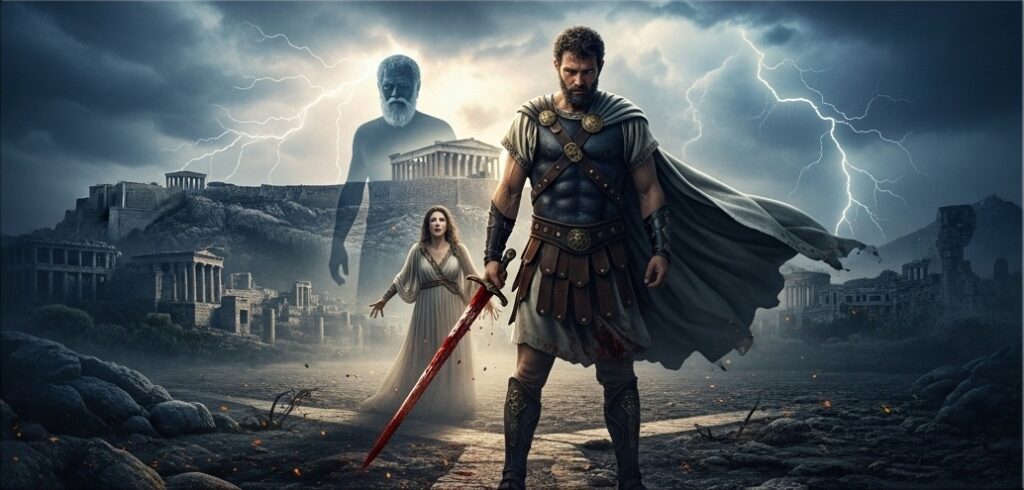
Parallel runs the Electra story, where a daughter’s loyalty to her slain father fuels matricidal rage. Though the Electra complex emerged later (coined by Jung‘s circle and refined by others), it echoes Greek mythology‘s raw family feuds. Jung used such myths to probe generational wounds, showing how unresolved loyalties warp the psyche.
The Shadow: Confronting the Monster Within
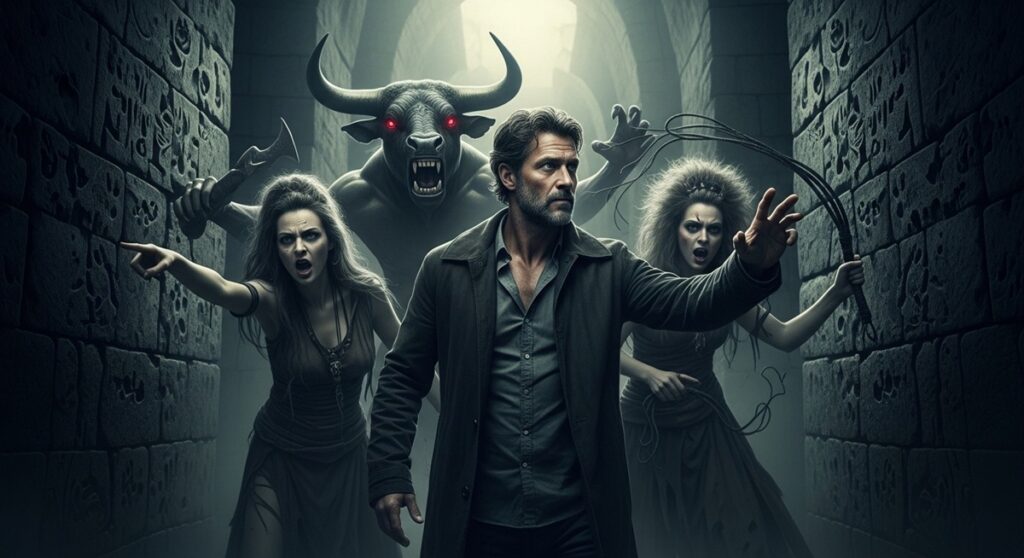
Central to Jung‘s framework is the Shadow archetype—the repository of all we disown: anger, shame, the “bad” parts. In Greek mythology, it snarls as the Minotaur, half-man, half-beast, trapped in Crete’s labyrinth. Theseus slays it, but Jung saw integration, not destruction, as the goal. Or consider the Furies, avenging spirits hounding Orestes for kin-slaying—they’re the guilt we can’t outrun. Ignoring the Shadow invites projection: we see monsters in others while blind to our own. Jung urged active engagement, like dream work, to befriend this force for growth.
Anima and Animus: The Inner Opposite
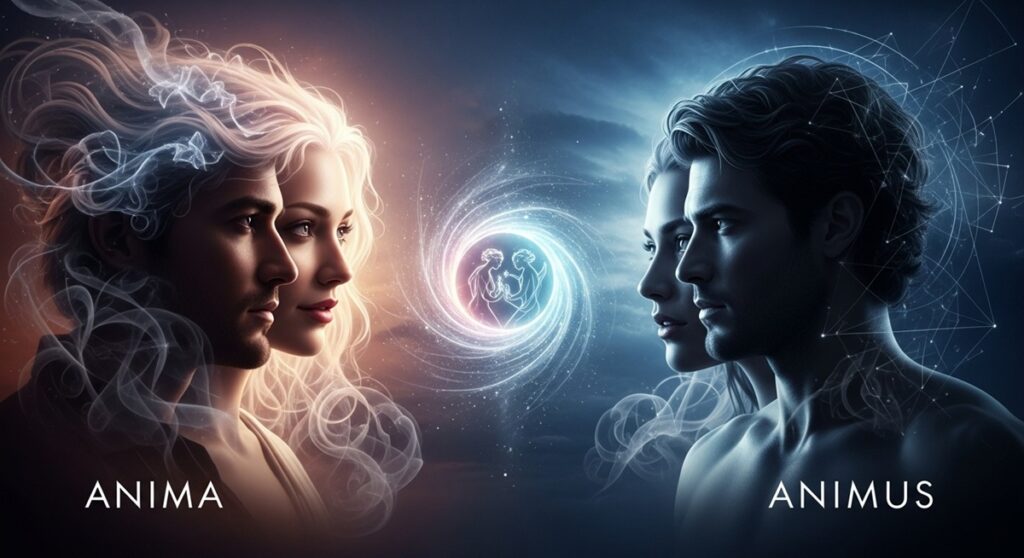
Then come the Anima and Animus, bridges to our contrasexual sides. The Anima stirs a man’s soul with feminine mystery—intuition, emotion—often projected onto muses or sirens like Circe in the Odyssey. The Animus, for women, brings masculine logic and spirit, seen in heroines like Medea’s fierce resolve. Jung drew from myths of divine unions, like Psyche and Eros, to explain how these archetypes fuel relationships. Neglect them, and we face moodiness or rigidity; harmonize, and wholeness blooms.
The Hero’s Odyssey: Trials of Transformation
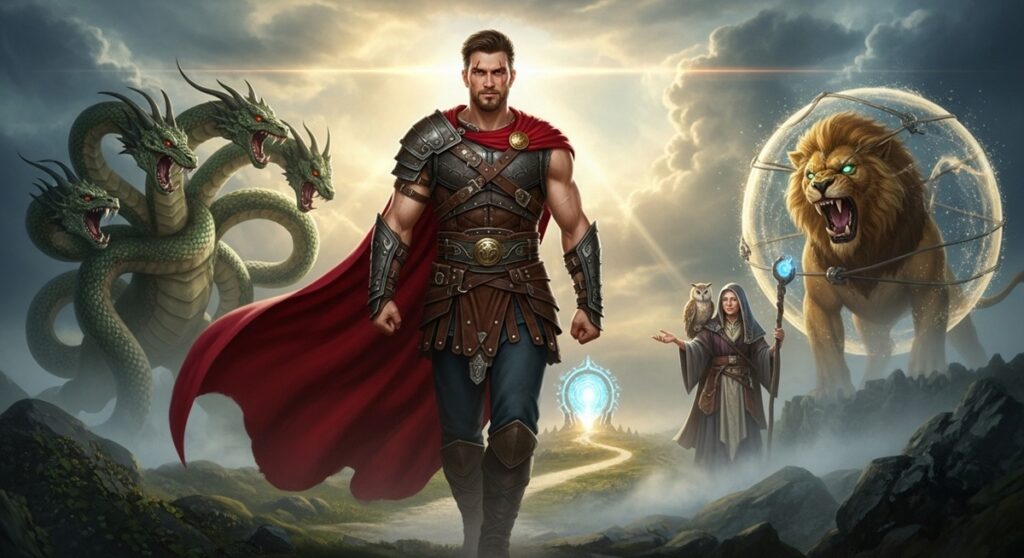
The Hero archetype strides through tales like Heracles’ labors—slaying hydras, capturing beasts—or Odysseus’ decade-long trek. These aren’t mere quests; they’re metaphors for the psyche’s odyssey. Monsters symbolize repressed fears; mentors like Athena guide integration. Jung called this the path to individuation, confronting chaos to forge identity. In a hero’s return, we see redemption—the Self emerging from trials.
Toward the Self: Wholeness in the Mandala of the Mind
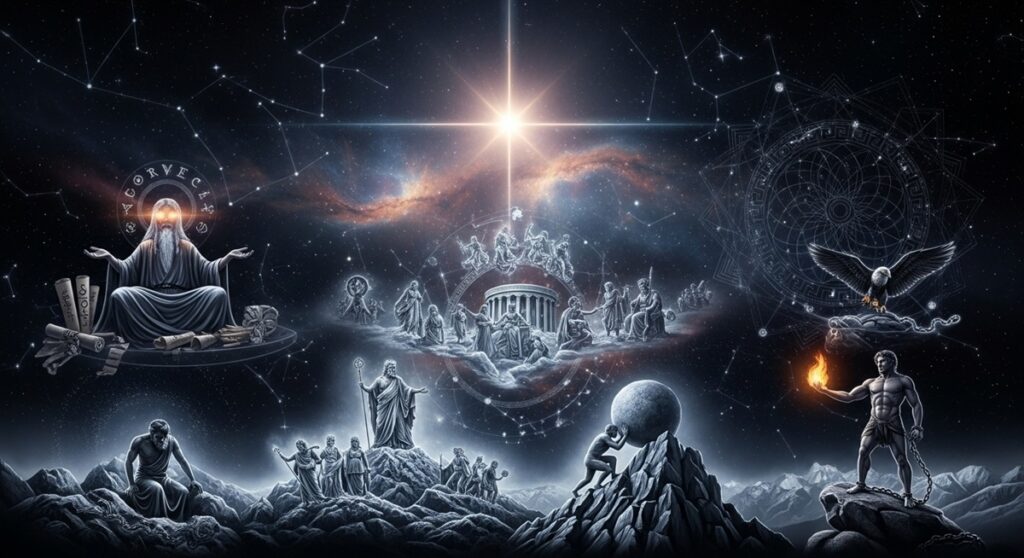
Crowning it all is the Self archetype, the psyche’s North Star, symbolizing unity. In Greek mythology, it glimmers in oracles’ wisdom or the gods’ cosmic order, akin to mandalas—circular symbols of completeness. Jung viewed myths as guides to this totality, where conscious and unconscious merge. The Self isn’t reached overnight; it’s a lifelong dance, echoed in Sisyphus’ eternal push or Prometheus’ defiant fire.
Through these mirrors, Jung demystified the soul, showing personal woes as archetypal echoes. Greek mythology thus became a universal therapy, timeless in its relevance.
Myth as Medicine: Reconnecting the Fractured Modern Soul
Fast-forward to today, and Jung‘s critique rings truer than ever. Our tech-saturated age amplifies disconnection—social media scrolls replace soul-searching, algorithms dictate desires. Jung blamed rationalism’s triumph for severing us from myth, breeding alienation and mental health epidemics. The modern mind, he said, starves for meaning, haunted by neuroses born of ignored depths.
Enter myth as balm. Jung prescribed it like medicine: revisit these stories to reclaim the collective unconscious. In his Red Book, a personal descent into visions, he wrestled archetypes firsthand, emerging with tools for others. For patients gripped by irrational fears, he’d unpack dreams laced with mythic motifs—snakes as transformation, floods as overwhelm—turning symbols into stepping stones.
Dreams: Gateways to the Inner Oracle
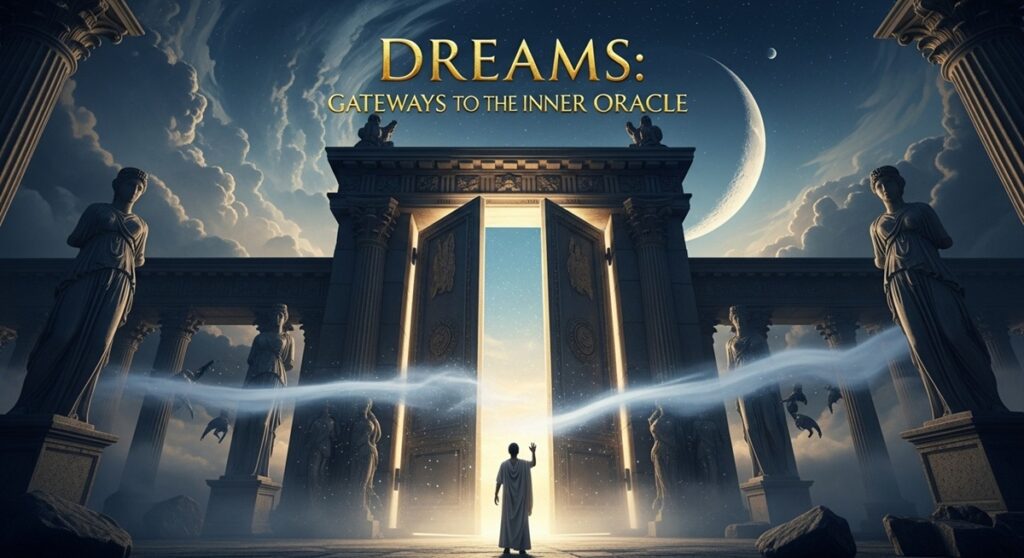
Jung revered dreams as the unconscious‘s dispatches, often mythic in flavor. A recurring god-figure? That’s an archetype calling. By amplifying dreams with Greek mythology, patients gained perspective: a Dionysian rampage might signal suppressed vitality, not madness. This active imagination technique, dialoguing with inner figures, fostered healing, restoring narrative to fragmented lives.
Individuation in the Everyday
Individuation, Jung‘s magnum opus of the soul, demands mythic courage. Like Perseus slaying Medusa, we face petrifying truths. Modern applications abound: therapy groups explore shadows via role-play; artists channel muses. Even pop culture—think Marvel heroes or Star Wars sagas—revives these patterns, proving myths’ endurance.
Jung‘s influence ripples wide. His ideas shaped transpersonal psychology, art therapy, and even leadership training. Figures like Joseph Campbell popularized the “hero’s journey,” while neuroscientists now probe how stories wire brains. In an era of AI and isolation, Jung‘s oracle beckons: myths aren’t obsolete; they’re essential for sanity.
Yet, challenges persist. Skeptics dismiss archetypes as pseudoscience, but Jung countered with cross-cultural evidence, from Native American lore to Hindu epics. Greek mythology endures because it speaks to universals: love’s ecstasy, loss’s abyss, the quest for light.
As we navigate 21st-century storms, Jung‘s legacy urges reconnection. The gods whisper still, in therapy couches, midnight doubts, creative sparks. Tune in, and the modern mind finds ancient healing. The oracle within awaits, ready to guide us home.


